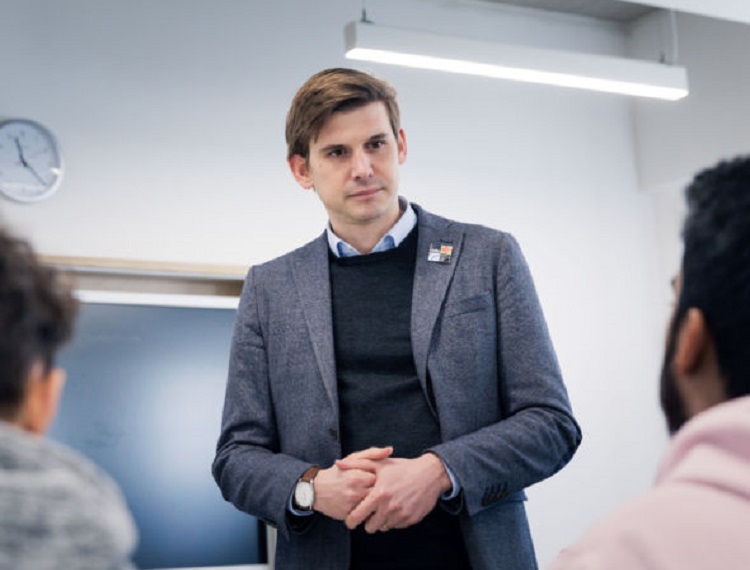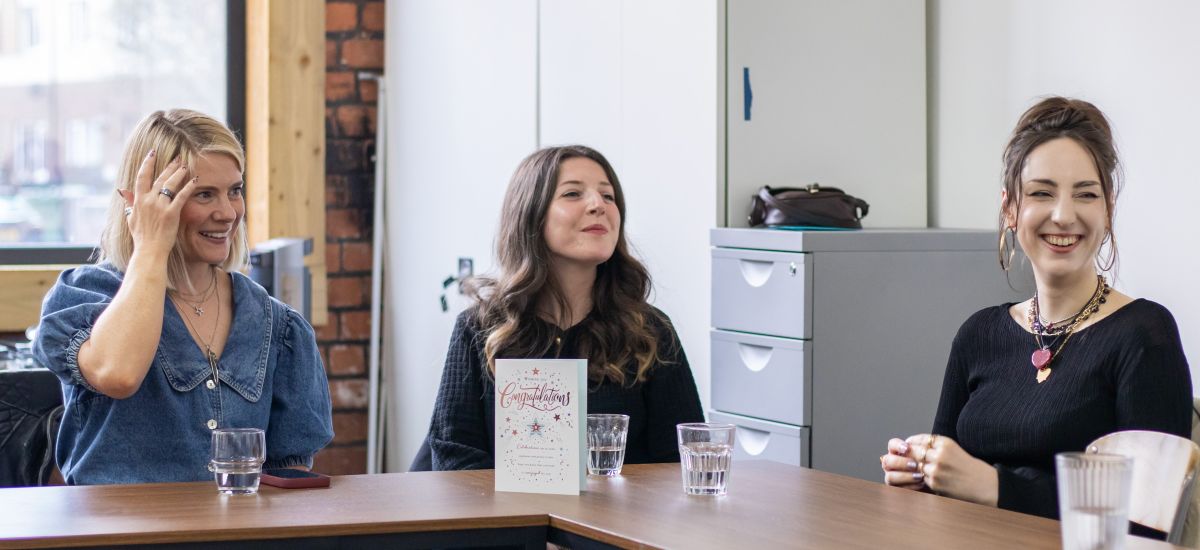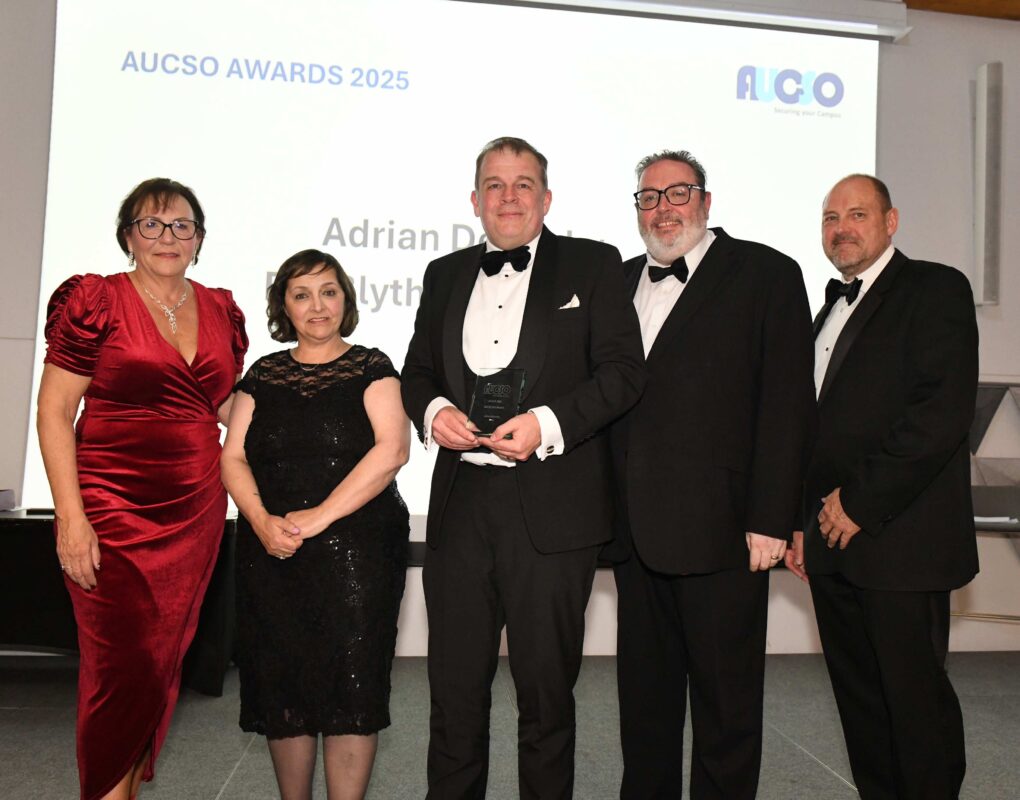To level up, we must get more people into tech apprenticeships up north

In 2013, I co-founded Ada, the National College for Digital Skills in the East of London.
I did so because I saw that ‘digital’ lessons in schools were woefully inadequate.
Instead of exciting pupils and motivating them to consider careers in tech, it turned them away.
Inspired by visits to innovative Charter Schools l in the US, I wanted Ada to provide students with a progressive and inspiring education which led to meaningful employment.
We are only one provider however, and to address this systemic issue, wider action is needed across the country.
This evening (9 Nov) we will be celebrating the achievements of the tech industry in the Northern Tech Awards.
While we acknowledge those who have those who have accomplished great things in the industry, we must not lose track of the prospects of the next generation.
In the last two years, apprenticeships in the North of England fell by 27%. In comparison, the number of apprenticeships in London fell by 7%. While the government’s recent commitments to move away from London centric policies and support students in apprenticeships is welcome, it remains to be seen how this will be used. To increase the number of students studying for a career in technology, we need a long-term strategy.
I wholeheartedly believe that technology can be a tool for social mobility. At our London campus, I am proud to say that just under half (45%) of our students are from diverse backgrounds, approximately 35% of our students are female – far higher than the national average. We are proving that where a student is from should not be a determinant of their future prospects and success.
But to do this at a system level, there are a number of things that need to happen:
Firstly, we have to understand where these students are coming from and how they perceive a career in technology. There are numerous barriers which may block an individual from taking their first step into a career in technology which we are at present failing to address.
We also need to address some misnomers: It is typically held that a career in technology is linked to a proficiency in mathematics, rather than art. A student who was not confident in maths, or simply did not enjoy it, maybe turned off from a career in technology. Where in truth, a creative flair and imagination may be even more important. Technology enables creativity if taught correctly and should never stifle it. The marriage of technical and creative skillsets is the holy grail for employers.
Another common claim we hear is that a career in technology is ‘not for me.’ There is a perception for people from a minority background that the industry is a predominantly white men’s club, a closed shop. This must change. Employer’s want to hire diverse young people but often struggle to meet the talent they crave because so many young people are already turned off tech by the time they finish school or college.
Finally, to prepare for a career in technology, access to a device at a young age is crucial. During lockdown our attentions rightly turned to whether a pupil firstly has a device to use, an internet connection or simply the space to work without interruption. Those without access to a device would be unable to access lessons and later on, not have the know-how to progress into coding and program development.
That is why we at Ada set up our Manchester campus in 2020. To give learners across the north the opportunity to study remotely and get a meaningful job in the technology industry. Our student numbers are increasing year on year, and we hope to be a hub for students looking for a career in digital industries.
To broaden the pipeline of students going into apprenticeships in technology we must do away with the stigma of not going to university. It is still seen as the ‘done’ thing and in comparison, apprenticeships are seen as lesser, something that people do who can’t “cut it” at university. The truth couldn’t be further from this.
There is, in fact, credible evidence to say that university fails to prepare a student for the world of work. A recent report by Harvard Business School noted that employers today are as likely to select candidates for their adaptability, culture fit, and growth potential as for in-demand technical skills, rather than looking for a degree. This disconnect between what employers are looking for and what is available has led to shortfalls in the tech industry and this provides diverse learners with a fantastic opportunity if they can equip themselves with the right skillset and mindsets.
We must celebrate those who have made it in the industry. Last month marked Ada Lovelace Day, an opportunity to celebrate women who are currently working in tech and those who are just getting started. These role models can provide inspiration and mentoring to the next generation.
Local businesses also have a role to play in getting the next generation into technology. We at Ada are lucky in Manchester to be supported by local employers and partners such as Magnetic North, Bruntwood and Manchester City Council. We are now rapidly establishing ourself as a bridge between education and employment in tech roles in the North West and will soon expand across the North.
Levelling up has had numerous guises in the past however this time I hope it will be backed up by sustained investment, engaging the local community and patience.
Mark Smith, CEO and Co-founder of Ada, the National College for Digital Skills












Responses